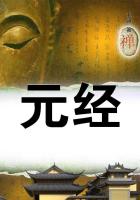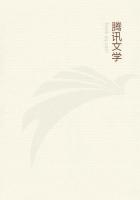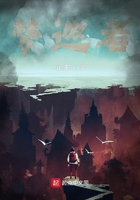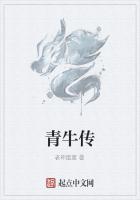In this respect In Memoriam is unique, for neither to its praise nor dispraise is it to be compared with the other famous elegies of the world. These are brief outbursts of grief--real, as in the hopeless words of Catullus over his brother's tomb; or academic, like Milton's Lycidas. We are not to suppose that Milton was heart-broken by the death of young Mr King, or that Shelley was greatly desolated by the death of Keats, with whom his personal relations had been slight, and of whose poetry he had spoken evil. He was nobly stirred as a poet by a poet's death--like Mr Swinburne by the death of Charles Baudelaire; but neither Shelley nor Mr Swinburne was lamenting dimidium animae suae, or mourning for a friend "Dear as the mother to the son, More than my brothers are to me."The passion of In Memoriam is personal, is acute, is life-long, and thus it differs from the other elegies. Moreover, it celebrates a noble object, and thus is unlike the ambiguous affection, real or dramatic, which informs the sonnets of Shakespeare. So the poem stands alone, cloistered; not fiery with indignation, not breaking into actual prophecy, like Shelley's Adonais; not capable, by reason even of its meditative metre, of the organ music of Lycidas. Yet it is not to be reckoned inferior to these because its aim and plan are other than theirs.
It is far from my purpose to "class" Tennyson, or to dispute about his relative greatness when compared with Wordsworth or Byron, Coleridge, Shelley, or Burns. He rated one song of Lovelace above all his lyrics, and, in fact, could no more have written the Cavalier's To Althea from Prison than Lovelace could have written the Morte d'Arthur. "It is not reasonable, it is not fair," says Mr Harrison, after comparing In Memoriam with Lycidas, "to compare Tennyson with Milton," and it is not reasonable to compare Tennyson with any poet whatever. Criticism is not the construction of a class list. But we may reasonably say that In Memoriam is a noble poem, an original poem, a poem which stands alone in literature. The wonderful beauty, ever fresh, howsoever often read, of many stanzas, is not denied by any critic. The marvel is that the same serene certainty of art broods over even the stanzas which must have been conceived while the sorrow was fresh. The second piece, "Old yew, which graspest at the stones,"must have been composed soon after the stroke fell. Yet it is as perfect as the proem of 1849. As a rule, the poetical expression of strong emotion appears usually to clothe the memory of passion when it has been softened by time. But here already "the rhythm, phrasing, and articulation are entirely faultless, exquisitely clear, melodious, and rare." It were superfluous labour to point at special beauties, at the exquisite rendering of nature; and copious commentaries exist to explain the course of the argument, if a series of moods is to be called an argument. One may note such a point as that (xiv.) where the poet says that, were he to meet his friend in life, "I should not feel it to be strange."It may have happened to many to mistake, for a section of a second, the face of a stranger for the face seen only in dreams, and to find that the recognition brings no surprise.
Pieces of a character apart from the rest, and placed in a designed sequence, are xcii., xciii., xcv. In the first the poet says -"If any vision should reveal Thy likeness, I might count it vain As but the canker of the brain;Yea, tho' it spake and made appeal To chances where our lots were cast Together in the days behind, I might but say, I hear a wind Of memory murmuring the past.
Yea, tho' it spake and bared to view A fact within the coming year;And tho' the months, revolving near, Should prove the phantom-warning true, They might not seem thy prophecies, But spiritual presentiments, And such refraction of events As often rises ere they rise."The author thus shows himself difficile as to recognising the personal identity of a phantasm; nor is it easy to see what mode of proving his identity would be left to a spirit. The poet, therefore, appeals to some perhaps less satisfactory experience:-"Descend, and touch, and enter; hear The wish too strong for words to name;That in this blindness of the frame My Ghost may feel that thine is near."The third poem is the crown of In Memoriam, expressing almost such things as are not given to man to utter:-And all at once it seem'd at last The living soul was flash'd on mine, And mine in this was wound, and whirl'd About empyreal heights of thought, And came on that which is, and caught The deep pulsations of the world, AEonian music measuring out The steps of Time--the shocks of Chance -The blows of Death. At length my trance Was cancell'd, stricken thro' with doubt.



